
Experts share their views on sustainability during the In Focus webinar.
TR Staff Report

Sustainability: We see and hear the word everywhere. But what does it mean for the tobacco and nicotine sectors? How are sustainable strategies meeting the needs of our businesses and stakeholders today while ensuring that future generations can also thrive?
On May 5, a group of experts convened virtually at the In Focus webinar to explore how tobacco and nicotine are transforming to protect the future of people and the planet. Among other topics, they discussed product stewardship and leadership.
The In Focus event series was launched in 2021 with the focus of the first event on tobacco harm reduction. The new series evolved from the prestigious Global Tobacco and Nicotine Forum and aims to explore vital themes in greater depth.
The May 5 event featured five keynote speakers and two panel discussions and was moderated by Patricia Kovacevic, global legal and regulatory strategist and principal of RegulationStrategy.com.

Pippa Bailey, head of climate change and sustainability practice at Ipsos U.K., a global market research and public opinion specialist, set out the concerns, perceptions and attitudes of people around the world toward climate change and sustainability. According to Ipsos, 83 percent of citizens across the globe believe that the environment is heading toward disaster. This is felt most acutely in South America where the impact of climate change has been greatest. Concerns around waste packaging and single-use plastics rank ahead of climate change, likely because this topic is very visible through dramatic images of polluted oceans and coastlines.
Cigarette butts are the most littered product on the planet, and solving this problem will require both leadership and innovation, according to Bailey.
Ipsos research shows that global citizens feel that they have given governments and businesses a mandate to address the environment. Sixty-two percent of citizens believe the Covid-19 pandemic was caused in part by people’s misuse of the environment
Social and environmental concerns are becoming increasingly linked, and Bailey advised companies to avoid operating in environmental, social and governance (ESG) silos. Consumers do not think that way, she noted—so neither should companies. Instead, their approach should be more holistic.
One challenge in achieving sustainability goals is the “say-do” gap, according to Bailey. While most citizens say that they care about the environment, their actions don’t always reflect their ambitions. Ipsos found that people tend to overestimate the impact of the actions they take. Businesses and governments, she says, need to make it easier for people to understand what more they could do to effect change.
Behavioral change is a big part of getting consumers to recycle, according to Bailey. Citizens are not willing to pay extra to achieve that, however. They are willing to make the sustainable choice, but the financial and social benefits must be equal in their eyes.

Examining sustainability from a financial perspective, Erik Bloomquist, a global nicotine and tobacco investment consultant, noted that the main priority for investors is tobacco companies’ transition to harm reduction products that can drive returns in the future.
In anticipation of the Foundation for a Smoke Free World’s 2022 Tobacco Transformation Index, Bloomquist presented data from 2020 to examine how much progress individual companies have made in shifting their business from combustible cigarettes to less harmful nicotine-delivery products. Product sales, capital allocation and expenditure are key criteria to assess that transformation, according to Bloomquist.
He also presented data from the index showing how the companies’ price/earnings ratios compare with their Tobacco Transformation Index rating. Swedish Match, Philip Morris International and BAT topped the list.
Bloomquist insisted that engagement, not exclusion, is key to progress and that investors support this.


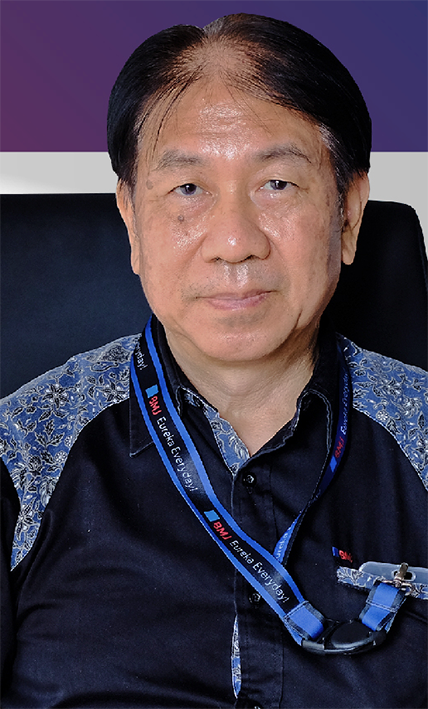

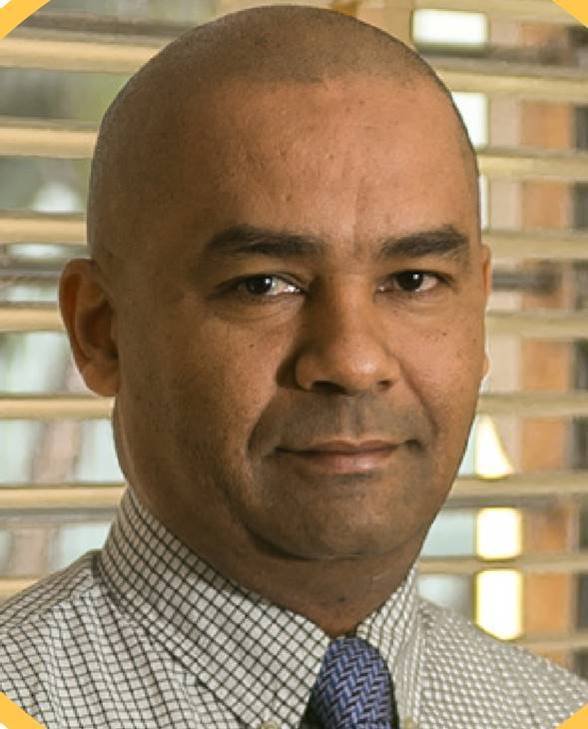
The first In Focus panel discussion, moderated by Adrian Payne, a consultant on corporate social responsibility and tobacco harm reduction, focused on leadership in a sustainable world.
Sarah Bostwick, head of sustainability stakeholder engagement at PMI, described her company’s ambition to phase out cigarettes and build new businesses in healthcare and wellness. She said the company aims to generate substantial revenues from these segments.
In the company’s 2019 sustainability materiality report, PMI set out how it accounts for internal developments and stays abreast of external trends. The company found that it could make the biggest difference by reducing the health impact of its products and addressing climate change. While the fist finding was expected given the health toll of smoking, the second was somewhat surprising considering that PMI’s operations have a relatively small environmental footprint.
Bostwick also stressed PMI’s openness to stakeholders’ scrutiny and engagement.
Ronald Ngwira, managing director of Pyxus Agriculture Malawi (PAM), detailed his company’s efforts to help meet global ESG targets. Working closely with the likes of Imperial Brands and PMI, PAM has reduced water usage by 60 percent. He said that building sustainability into the farmer base has been critical. From 2004–2010, Pyxus provided farmers with seedlings to help reverse deforestation caused in part by tobacco curing but with limited success. To make greater headway, the company decided to create its own tree plantations. Since 1991, Pyxus has planted more than 250 million trees worldwide, and in Malawi, PAM plants approximately 8 million trees each year.
Ngwira said that Pyxus’ sustainability initiatives also cover actions to eliminate child labor and forced labor, with the company investing in education and product traceability, for example.
Pyxus is leveraging its strong agricultural expertise to advance progress on key issues. In Malawi, the company has not only become one of the country’s largest sustainable timber producers, but it has also invested in alternative crops, such as groundnuts, thus helping farmers diversify their income streams.
Karen Hall, director of sustainability at Universal Leaf Tobacco Co., spoke about the challenge of growing tobacco as climate and social expectations change and are becoming more complex. In the face of global change, Universal Leaf is currently reviewing the resilience of its origins, setting ambitious but achievable goals, creating data-driven action to meet those goals efficiently and effectively, and preparing to adjust strategies as new information becomes available, she said.
Liem Khe Fung, innovation director at cigarette paper manufacturer BMJ, pointed out that 99.9 percent of paper production relies on water and detailed his company’s plans to minimize water consumption without compromising product quality at a time when water is becoming scarce.

Following the panel discussion, Nathan Eaton, executive director at NGIS, spoke about the potential of data and technology—particularly geospatial capabilities—to help address ESG challenges and commitments.
While significant advances have been made in the fight against child labor, progress has recently slowed for the first time in 20 years. What’s more, it has been uneven across regions, sectors and age groups. Further progress will require new approaches and insights, according to Eaton
Eaton described a collaboration with BAT to bring disparate data sources together. Showing a Google Map of southern Brazil—a major tobacco producing area—he demonstrated the ability to display variables such as distance to schools, access to safe drinking water and housing conditions—factors that may help identify at-risk communities and drive further progress in the fight against child labor.

Juliette Le Roux Audren, environmental health safety product stewardship and sustainability manager for EMEA at Amphenol, argued that waste reduction requires a combination of regulation and innovation. Minerals such as tin, gold and cobalt are becoming scarcer, she noted, and the risk of scarcity is often underestimated. By redesigning and re-engineering products, the world can avoid scarcity. This will require companies to pivot from linear production cycles to circular production cycles. Le Roux Audren argued that companies need to navigate between risks and opportunities and that agile product stewardship will help them make more of their talents.
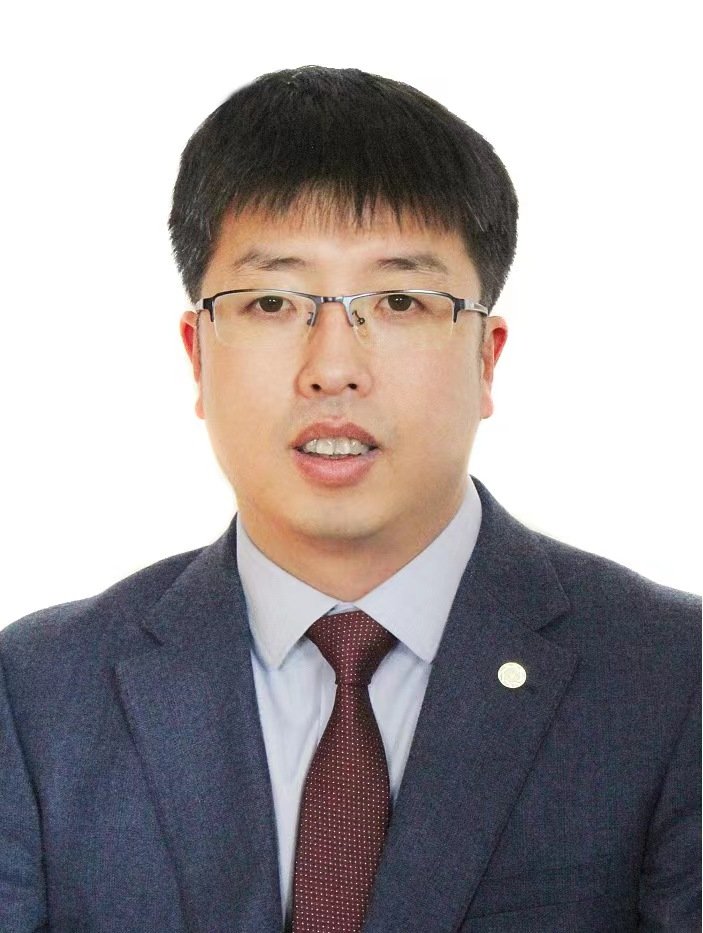

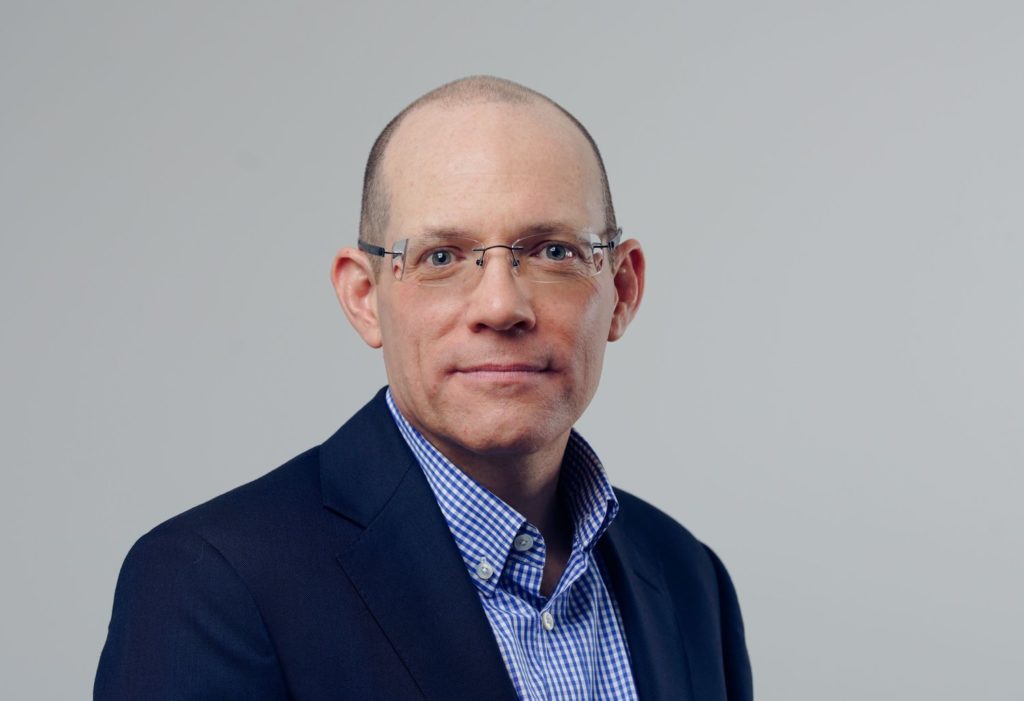
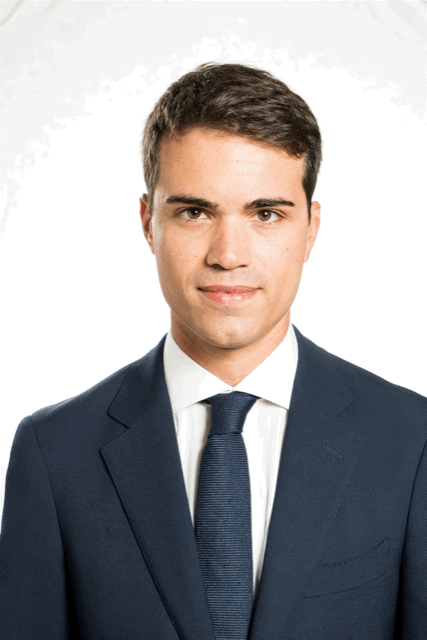
The second In Focus panel, moderated by Edward Butt, group head of environment, social and government at BAT, centered on sustainable products and stewardship.
Jodie Clarke, vice president of procurement and corporate security at Altria Client Services, explained that Altria is addressing societal and environmental concerns by engaging with all stakeholders. The company aims to create value not only for shareholders but also for society by driving responsibility through the value chain—for example, by reducing the harm to health associated with tobacco consumption; sourcing and distributing responsibly; striving for supplier diversity; supporting agricultural sustainability; promoting human rights; and ensuring ethics and compliance.
Gianmarco Guiduzzi, head of sales and aftersales for Cerulean, detailed how Cerulean is putting sustainability at the heart of its equipment. He urged the industry to avoid working in silos and stressed that success requires the participation of people both upstream and downstream in the production process.
For Guiduzzi, the challenge is how to replace existing raw materials for products such as cigarette filters with environmentally less harmful alternatives. For example, cellulose acetate—a critical component of cigarette filters—often ends up as litter on land and in water. Finding an alternative material with the same filtering characteristics is a challenge. Guiduzzi also challenged the industry to find an environmentally friendly replacement for polypropylene film in cigarette packs.
One potential problem, according to Guiduzzi, is that each tobacco manufacturer is developing its own solution to these issues, and each will try to protect the associated intellectual property. While it is tempting for the larger multinationals to retain the fruits of their research and development, Guiduzzi said that, in order to create a level playing field and maximize the benefits, these solutions should trickle down to the wider sector.
Guiduzzi also noted the rapidly growing popularity of nicotine pouches, which he said will present their own sustainability opportunities and challenges.
Kevin Peng, advanced technology scientist at ALD Group, presented eco-friendly solutions developed by ALD, which are made from Poly (1,4-butylene succinate) (PBS), which is a biodegradable, semi-crystalline thermoplastic polyester synthesized through polycondensation of succinic acid and 1-4-butanediol, and another thermoplastic polyester, Polylactic Acid (PLA).
Peng claimed ALD’s solution will reduce emissions as well as avoid/reduce waste. The device features a biodegradable shell and a long-life battery, and the lifecycle of the product is integrated into a holistic recycling system.

Kate Rebernak, founder and CEO of FrameworkESG, urged nicotine companies to practice “radical transparency” in their operations, arguing that without such radicalism, revenues will decline, share prices will slide and investors will turn away.
She pointed to the historical trust deficit suffered by the tobacco industry and urged companies to close the “say-do gap” by making sure that their actions match their words. As an illustration of how not to go about this, she cited U.S. companies publicly articulating their support for LGBTQ+ rights while at the same time financially supporting politicians who oppose such rights. She also gave the example of HSBC, which was recently reprimanded by the U.K. Advertising Standards Authority for advertising action against climate change while continuing to invest in fossil fuels.
Rebernak suggested three ways for the tobacco industry to become radically transparent:
- Public-private engagement. She emphasized that a company cannot bring about change if it “isn’t in the room.” While acknowledging the hurdle presented by the Framework Convention for Tobacco Control’s Article 5.3, which aims to protect tobacco control policies from the commercial and other vested interests of the tobacco industry, Rebernak said the industry could attempt to overcome this hurdle by being radically transparent on its progress in tobacco harm reduction.
- Sharing business models, investments in R&D and marketing. The Foundation for a Smoke-Free World’s Tobacco Transformation Index, for example, calls for greater disclosure on each of the companies’ policy positions.
- Consumer behavior. Companies would be more successful at moving smokers away from combustibles to reduced-risk products if they were radically transparent about the risks versus the benefits. Crucially, she insisted, they should stop marketing products to children.
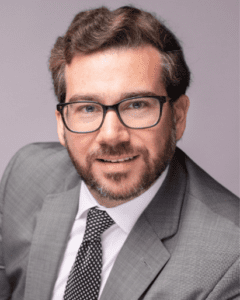
The In Focus event also included a “fireside chat” on sustainability between Chris Greer, the president and CEO of Tobacco Reporter’s parent company, TMA, and Vincent Li of Hengfeng Paper, which celebrates its 70th anniversary this year. With 21 paper production lines and an annual production capacity of 230,000 tons, Hengfeng is one of China’s leading paper suppliers. For the cigarette industry, the company manufactures cigarette paper, plug wrap tipping base paper and paper for next-generation tobacco products.

Papermaking has a considerable environmental impact due to the raw materials used (wood and water) and its energy requirements. In 2021, Hengfeng paper declared corporate carbon emissions of 3,139,297,000 tons. Following China’s national strategy to achieve peak carbon dioxide emissions by 2030 and carbon neutrality by 2060, Hengfeng aims to slash its CO2 emissions by more than a third in eight years.
Because power generation and acquisition account for the lion’s share of Hengfeng’s global warming potential, it makes sense to focus mitigating measures there. The company plans to replace some of the coal it currently uses to generate power with energy sources that lead to less pollution. Among other initiatives, it intends to electrify parts of the papermaking process and build a 10 MW photovoltaic power station.
Product design, too, offers opportunities to improve sustainability. By designing stiffer plug wrap papers, for example, Hengfeng enables cigarette manufacturers to use less acetate tow in their filters, thus reducing the proportion of a material that does not readily degrade in the environment.











